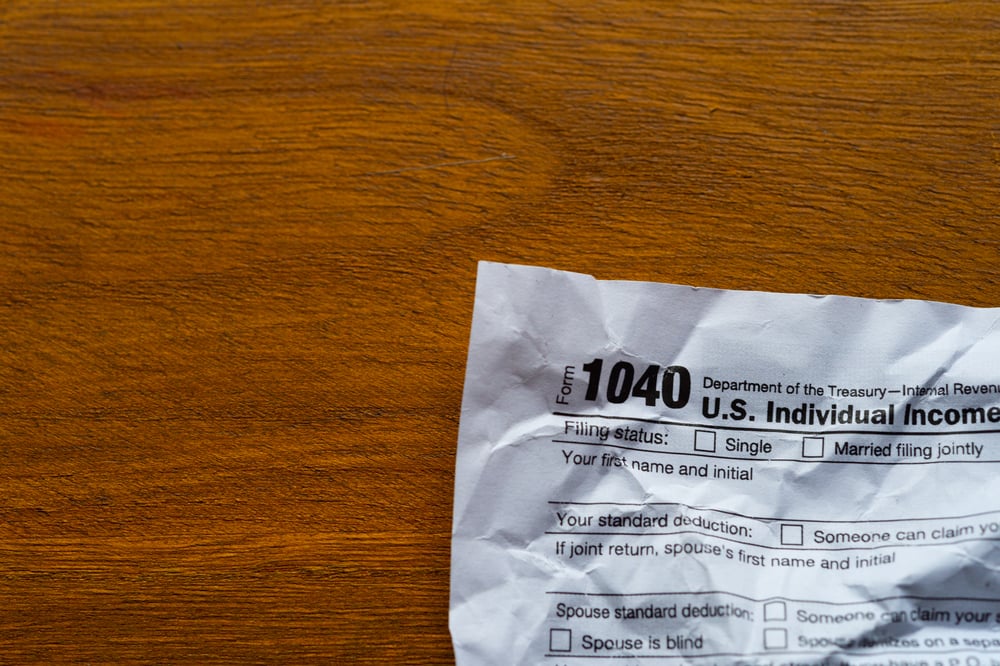
The Mortgage Forgiveness Debt Relief Act, which was originally passed in 2007, was recently extended through the 2012 tax year. This law provides a substantial tax break for homeowners who lost homes to foreclosures by allowing them to avoid taxation on their cancelation of debt. The federal government extended the Mortgage Forgiveness Debt Relief Act using the Emergency Economic Stabilization Act in an attempt to revamp the lagging U.S. economy.
What Does the Act Cover?
This act is only valid on canceled debt, or debt that has been forgiven by a debtor. Generally, whenever a taxpayer owes an outstanding debt to a mortgage holder, he or she is responsible for repaying the loan in full. However, in severe economic situations such as an illness or a job loss, the homeowner may not be able to repay the mortgage. In the event of a foreclosure, the mortgage lender repossesses the home and writes off the amount of the loan after the taxpayer fails to make timely payments.
In usual situations, the amount of the loan that the lender forgives would be considered taxable income to the homeowner. For example, if an individual held a $250,000 mortgage that was forgiven by the lender, then he would have to include that $250,000 in his gross income for the year and pay income tax on it. However, under the Mortgage Forgiveness Debt Relief Act, taxpayers who have canceled debt from 2007 to 2013 can exclude this amount from their taxable income.
How Does the Law Help Homeowners?
This law offers money saving tax deductions for homeowners who would normally have to pay taxes on their forgiven mortgage debt. The relief is particularly helpful for those who have suffered through foreclosure. Many people who lose their property through foreclosure may not be aware that they will owe income tax on their canceled debt at year's end and may have been unprepared for the high tax bill they would have received.
What are the Exceptions?
It's important to note, however, that the Mortgage Forgiveness Debt Relief Act is only valid on debt up to $2 million. Those who have more than $2 million of forgiven debt will have to pay tax on the canceled debt over that threshold. Taxpayers who are married, but file separate tax returns, can only exclude canceled mortgage debt up to $1 million.
The economic losses sustained during the housing market crash of 2008 caused many homeowners to lose their properties. As a result of the Mortgage Forgiveness Debt Relief Act, those taxpayers won't have to go further into debt.




